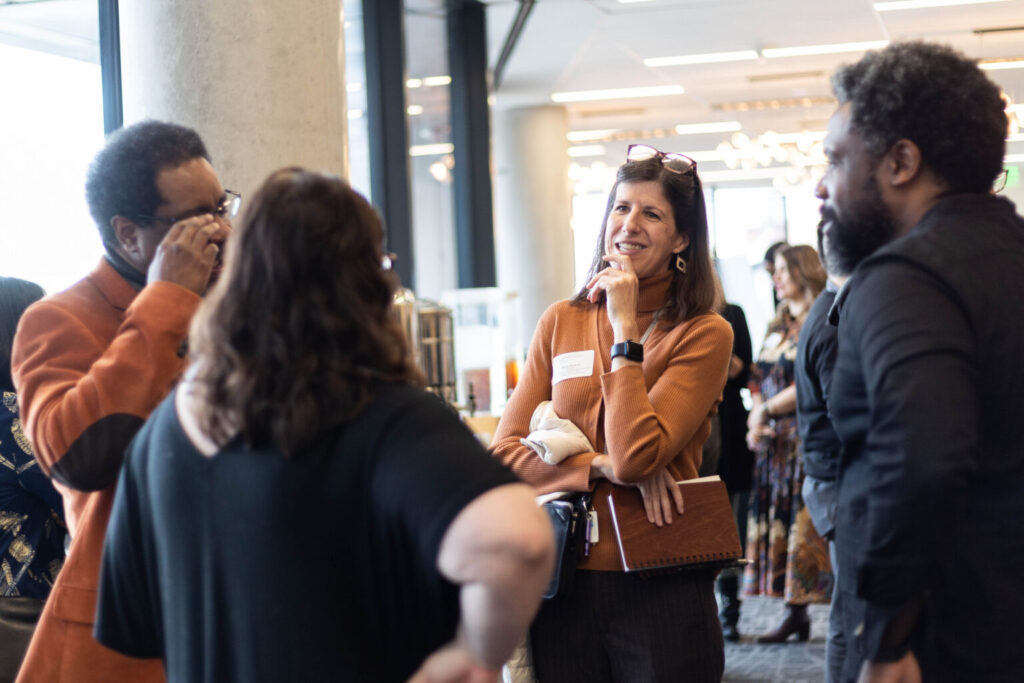Mentorship
Faculty Development is dedicated to implementing the best practices for faculty mentorship across campus. Effective mentorship plays a vital role in faculty career growth and advancement by fostering individual success and strengthening broader faculty support systems. Our programs target faculty at all stages of career progression to provide support and guidance in navigating their careers.

Programs and Resources
Professional-Track Faculty Peer Networking Circle
The Professional Track Faculty Peer Networking Circle program allows individuals to network and share experiences with peers from across the University. Each “circle” will discuss best practices of a particular professional theme, such as “How to Build a Public Image.” Facilitated by a professional-track faculty colleague, each circle will typically meet twice monthly for in-person discussions.
In addition to providing focused development in career-oriented soft skill, we anticipate participants will also benefit by broadening their local peer network, boosting their sense of belonging in the University community, and gaining visibility internally and among national networks.
Eligibility
Professional-track faculty
Important Dates
Circles will run on either a semester or yearly basis. See 2025-2026 Themes & Facilitators under “Past Participants” tab.
Applications for participants are due by 5 pm on Wednesday, August 20.
Registration
Mentorship Toolkit
The Mentorship Toolkit helps faculty assess their skills, develop goals, and facilitate mentorship conversations. Both mentors and mentees can use the provided documents to supplement learning and further develop effective mentorship within the faculty community.
toolkit
Find the full toolkit here.
– Allan Shearer, Associate Dean for Research and Technology, School of Architecture
